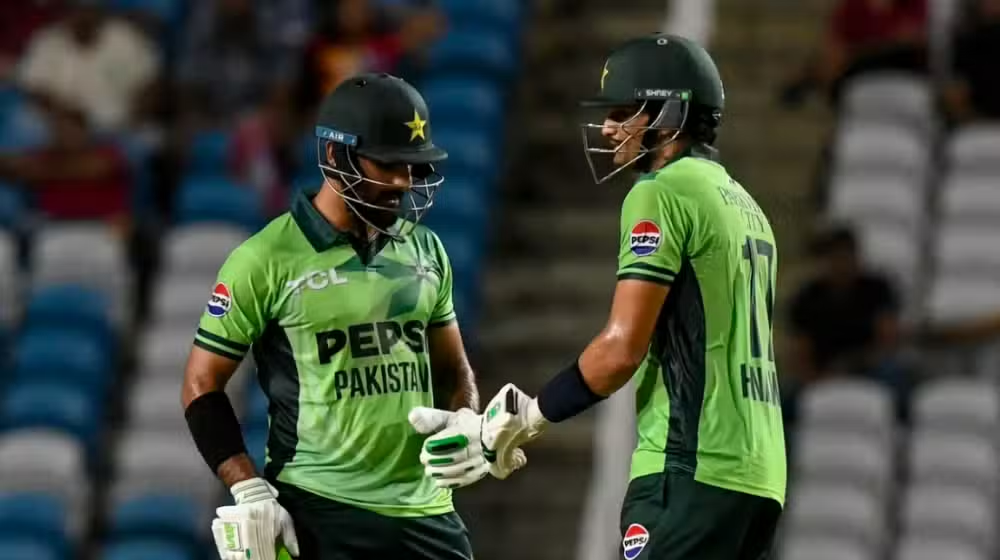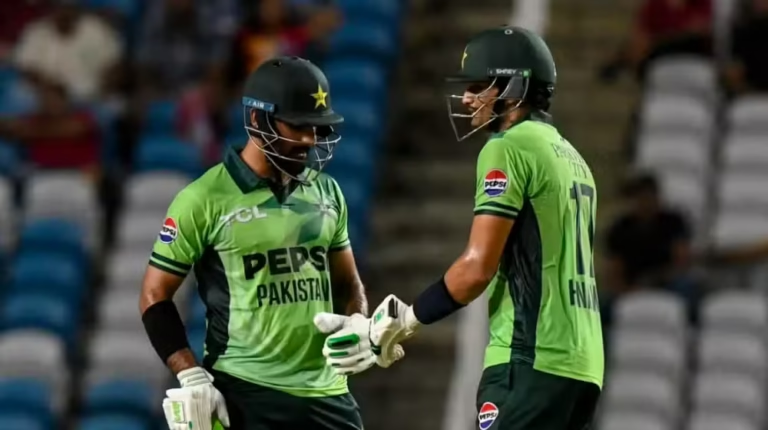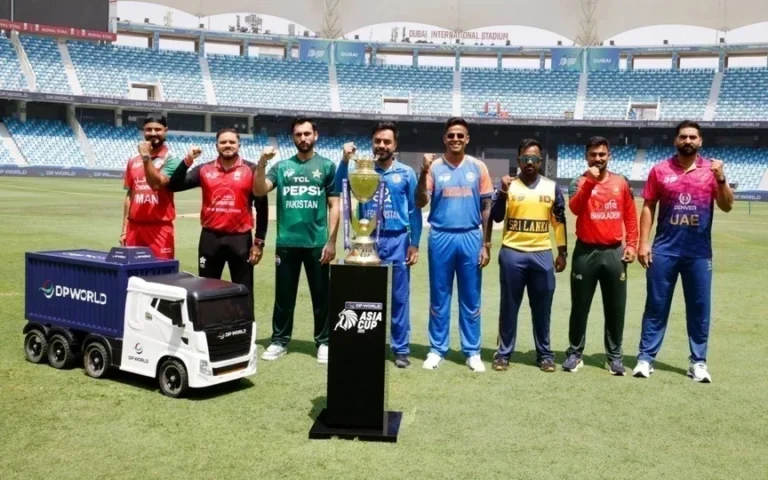The Asia Cup 2025, a highly anticipated T20 cricket tournament, is caught in a storm of geopolitical tensions between India and Pakistan, casting doubt on whether the event will proceed as planned. The rivalry between these two cricketing giants, already a complex mix of sport and politics, has reached new heights, with recent developments threatening the tournament’s future. This blog post dives into the latest controversies, including a cancelled match in the World Championship of Legends (WCL), disputes over the Asia Cup’s hosting, and the broader impact on cricket in the region.

A Cancelled Match Sparks Controversy
The drama began with the World Championship of Legends, a T20 tournament featuring former cricketers. On July 20, 2025, a highly anticipated clash between the India Champions and Pakistan Champions was abruptly cancelled. The India Champions, the defending titleholders, withdrew from the match, citing the Pahalgam Valley terror attack and India’s subsequent military response, dubbed Operation Sindoor. Reports suggest that Indian players, including stars like Yuvraj Singh, Suresh Raina, Harbhajan Singh, and the Pathan Brothers, refused to participate, with Shikhar Dhawan formally conveying the team’s stance to WCL authorities.
The decision ignited a firestorm. The Pakistan Champions, led by team owner Kamil Khan, argued they deserved full match points since India backed out. Khan stated, “As per the rules, the two points should be awarded to us.” The WCL authorities, however, clarified to the England and Wales Cricket Board (ECB) that the cancellation was due to organizational issues, not the fault of the Indian team, and issued an apology for “unintentionally causing discomfort” to Indian players. Pakistan’s refusal to share points has added fuel to the ongoing tensions, with further discussions pending if both teams meet in the WCL knockout stages.
Some reports also point to Shahid Afridi’s alleged derogatory remarks about the Indian Army as a key reason for India’s withdrawal, though no official confirmation has been provided. This incident underscores how deeply political tensions can impact even non-international cricket events.
Asia Cup 2025: A Tournament in Jeopardy
The fallout from the WCL cancellation has spilled over into the Asia Cup 2025, scheduled for September 2025 in a T20 format as a lead-up to the 2026 T20 World Cup. India, the designated host, faces challenges in organizing the tournament due to its strained relationship with Pakistan. The Asian Cricket Council (ACC), currently led by Pakistan Cricket Board (PCB) chairman Mohsin Naqvi, has been at odds with the Board of Control for Cricket in India (BCCI) over logistical and political issues.
A key point of contention is the ACC Annual General Meeting (AGM), originally set for July 24-25, 2025, in Dhaka, Bangladesh. The BCCI requested a change of venue due to diplomatic tensions with Pakistan and Bangladesh, but the ACC, under Naqvi’s leadership, rejected the plea. In response, the BCCI has threatened to boycott the AGM, a move that could invalidate any resolutions passed and potentially derail the tournament. Reports suggest the BCCI may also skip the Asia Cup entirely if the meeting remains in Dhaka, a stance driven by political sentiments and the fact that Naqvi, a Pakistani minister, heads the ACC.
The hybrid model, used in previous tournaments like the 2023 Asia Cup and 2025 ICC Champions Trophy, is a possible solution. Under this model, Pakistan’s matches would be played at a neutral venue, likely the United Arab Emirates (UAE), which has emerged as a frontrunner to host the entire tournament if India opts out. However, even this compromise is uncertain, as both nations remain firm in their positions.
Financial and Sporting Stakes
The potential absence of an India-Pakistan match, the biggest draw in world cricket, threatens the Asia Cup’s financial viability. The tournament relies heavily on Indian sponsors and broadcasters, with Sony Pictures Networks India (SPNI) securing media rights for 2024-2032 at $170 million. An India-Pakistan clash guarantees massive viewership and advertising revenue, making it the financial backbone of the event. Without India’s participation, the tournament could face cancellation or a significant loss of appeal, impacting not only the PCB but also other ACC members like Sri Lanka, Bangladesh, and Afghanistan, who each receive 15% of broadcast revenue.
For the PCB, the stakes are particularly high. Estimates suggest India’s participation in ACC and ICC events generates ₹165–220 crore ($20–26 million) per cycle for Pakistan, largely due to the allure of India-Pakistan matches. The PCB is already reeling from financial losses after the 2025 ICC Champions Trophy, where India’s refusal to play in Pakistan led to matches being shifted to Dubai, costing the PCB over PKR 7 billion. A cancelled or diluted Asia Cup could exacerbate these woes, with the PCB reportedly operating on an overdraft of PKR 3–6 billion.
Beyond finances, the absence of India-Pakistan encounters would deprive players of global exposure and limit sponsorship opportunities, particularly for Pakistani cricketers. The ripple effects would also hit smaller cricket boards, which depend on the tournament’s revenue to sustain their programs.
A Pattern of Political Interference
The current standoff is part of a broader pattern. India has consistently refused to play in Pakistan, citing security concerns, as seen in the 2023 Asia Cup (hosted partly in Sri Lanka) and the 2025 ICC Champions Trophy (with India’s matches in Dubai). Pakistan, in turn, has expressed reluctance to travel to India, with some reports indicating the PCB may boycott the Asia Cup and even the 2026 T20 World Cup, co-hosted by India and Sri Lanka, if tensions persist.
Despite the drama, there are glimmers of hope. In July 2025, Indian Sports Minister Mansukh Mandaviya signaled that India has no objection to playing Pakistan in multilateral events like the Asia Cup, provided government clearance is obtained. This statement suggests a potential path forward, but the BCCI’s reluctance to engage with an ACC led by Naqvi complicates matters.
What’s Next for the Asia Cup?
As of July 22, 2025, the Asia Cup’s fate remains uncertain. The tournament is tentatively scheduled for September 5-21, 2025, with six teams—India, Pakistan, Sri Lanka, Bangladesh, Afghanistan, and the UAE—set to compete in a group stage followed by a Super Fours format. A much-anticipated India-Pakistan clash is slated for September 7, with a possible rematch on September 14, but these plans hinge on resolving the current disputes.
The PCB has explored backup plans, including a tri-series with Afghanistan and the UAE in August 2025, should the Asia Cup be postponed or cancelled. Meanwhile, the BCCI is reportedly considering a separate multi-nation tournament with other Asian teams if the ACC fails to accommodate its concerns.
Why This Matters to Cricket Fans
For fans, the India-Pakistan rivalry is the heartbeat of cricket, delivering unmatched drama and excitement. The prospect of missing out on this clash in the Asia Cup is disheartening, especially as it serves as a key preparatory event for the 2026 T20 World Cup. Beyond the sport, the ongoing tensions highlight the challenges of separating cricket from politics, a recurring issue that tests the resilience of the game’s governing bodies.
As the ACC meeting approaches, all eyes are on the BCCI and the PCB. Will they find a compromise, perhaps through a hybrid model in the UAE? Or will the Asia Cup 2025 become another casualty of geopolitical strife? For now, cricket fans can only wait and hope that the spirit of the game prevails.








